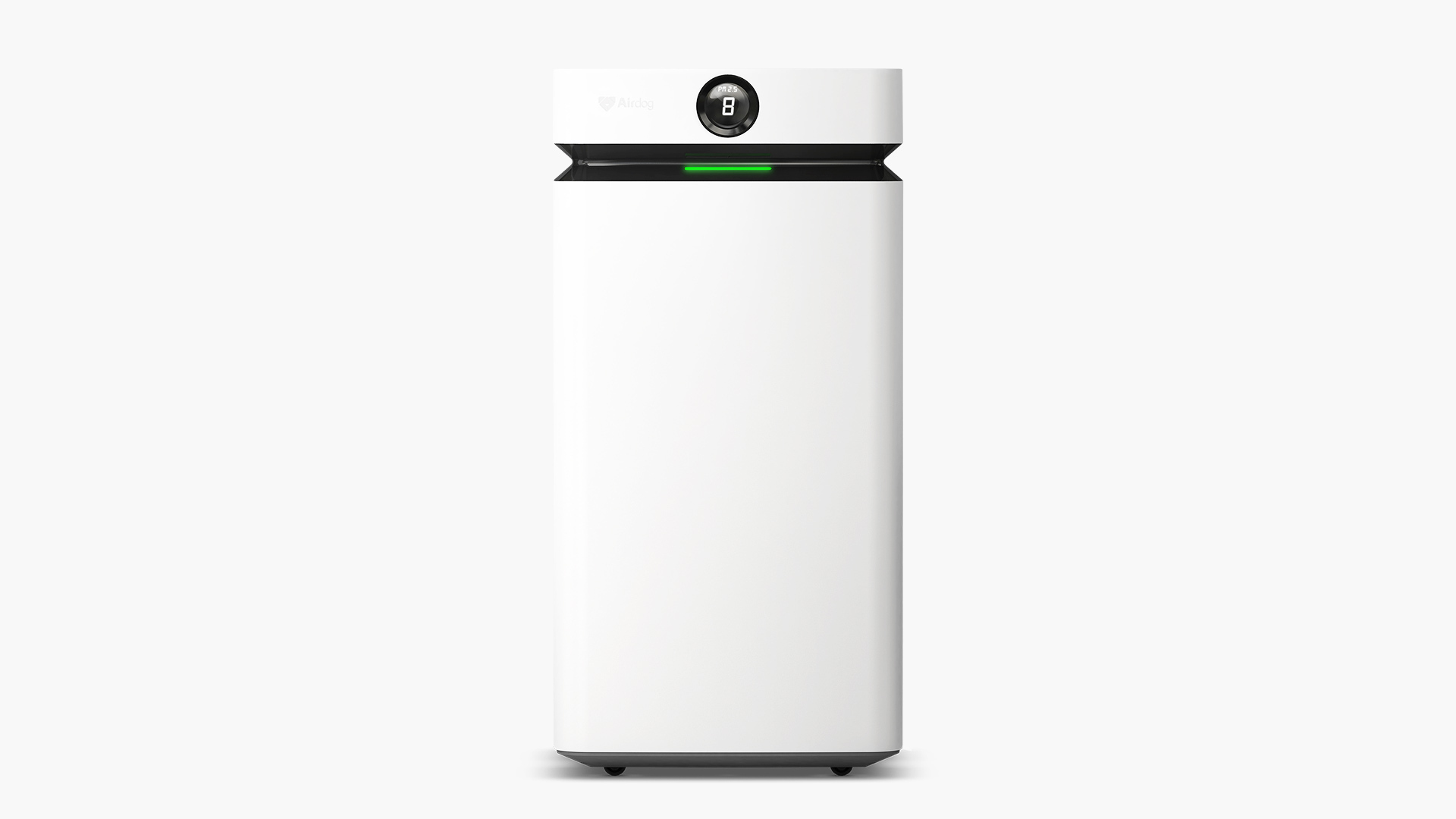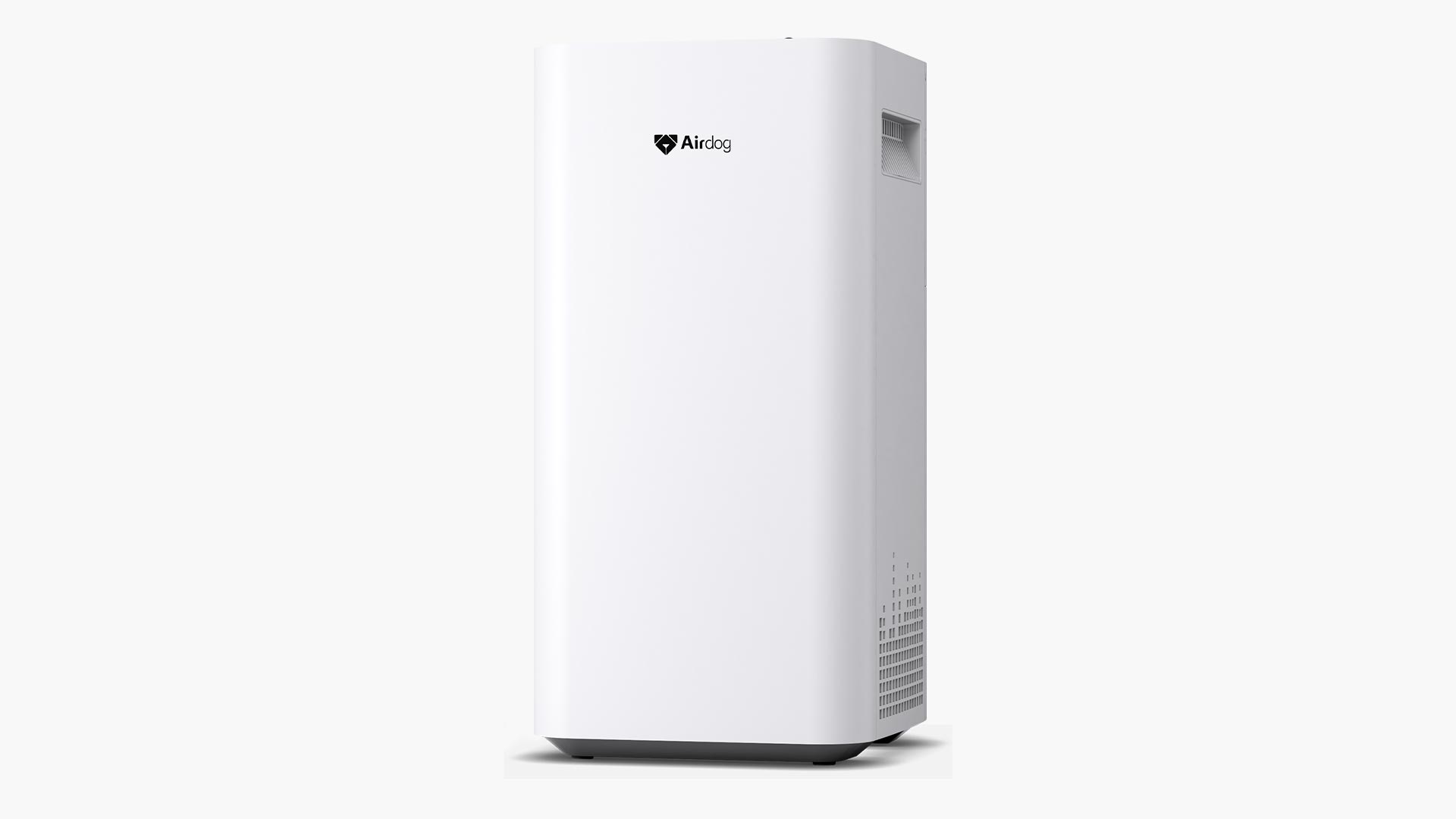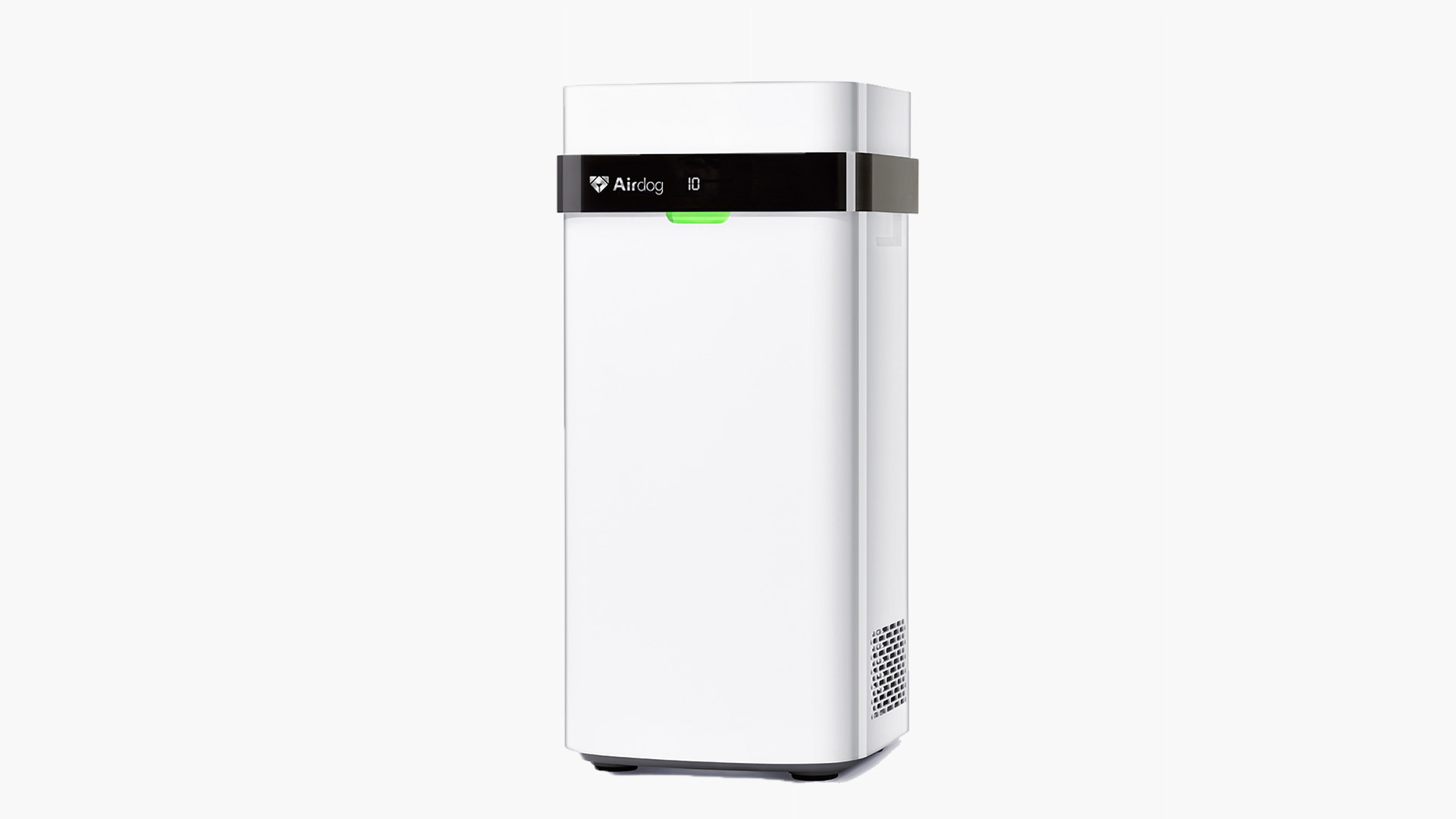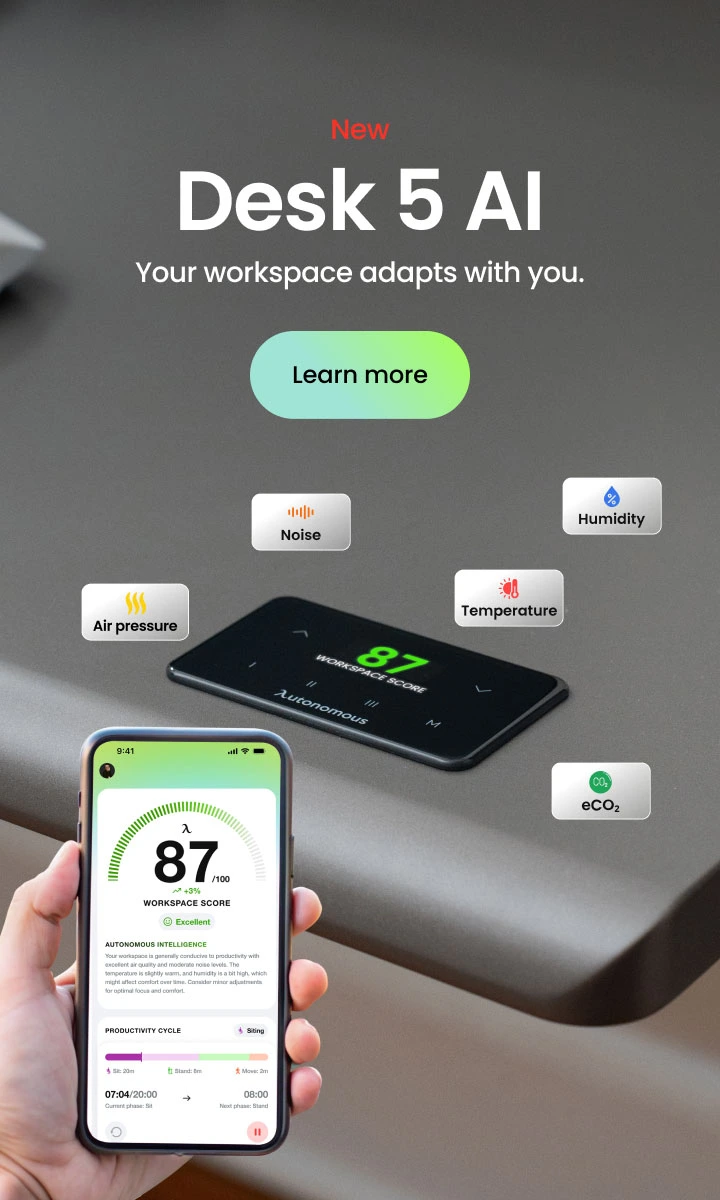
Air Purifier vs. Dehumidifier: Which One Is Suitable for You?
Table of Contents
With so many electrical home appliances in the marketplace, one wonders whether one needs an air purifier vs dehumidifier. Most folks are unsure of their exact need for a dehumidifier or air purifier.
Well, the fact is that both have distinctively different functions.
Comparison Table: Air Purifier vs. Dehumidifier
| Feature | Air Purifier | Dehumidifier |
|---|---|---|
| Primary Function | Removes airborne particles and pollutants | Reduces humidity levels in the air |
| Key Components | HEPA filters, activated carbon filters, UV light, ionizers | Refrigerant coils, condenser, fan, water collection tank |
| Best For | Allergy sufferers, removing smoke and odors, improving air quality in polluted areas | Reducing mold and mildew, lowering dust mites, comfort in high humidity areas |
| Pros | Improves air quality, eliminates odors, provides allergy relief | Prevents mold growth, reduces allergens, improves comfort in humid environments |
| Cons | Requires regular filter maintenance, can be noisy, higher initial and maintenance costs | Can be noisy, requires regular emptying of the water tank, can increase room temperature slightly |
| Use Cases | Homes with smokers or pets, areas with high pollution, allergy and asthma management | Basements and bathrooms, homes in humid climates, reducing moisture to prevent structural damage |
| Maintenance | Regular filter cleaning or replacement | Regular emptying of water tank or maintaining drainage system |
| Noise Level | Variable, can be noisy at higher settings | Can be noisy, especially larger units |
| Energy Efficiency | Depends on the model; higher quality ones are more efficient | Modern models are designed to be energy-efficient |
| Effect on Temperature | Generally no impact on temperature | Can slightly increase room temperature |
| Additional Features | Some models include smart sensors and air quality indicators, can have integrated humidifiers | Some models include continuous drainage options, may have humidity level settings and timers |
| Typical Locations | Living rooms, bedrooms, offices | Basements, bathrooms, laundry rooms |
This comprehensive comparison table outlines the key differences, benefits, and considerations of air purifiers and dehumidifiers. For optimal indoor air quality, consider using both an air purifier and a dehumidifier to tackle both airborne pollutants and excess humidity.
Air purifier benefits from removing dust mites, small dust particles, pollen, and more from homes. People with breathing allergies feel more secure as they can breathe easily with most allergens out of the house. They are usually two types of air purifiers. The most common and traditional ones use a pleated air filter. These are also called HEPA or High-Efficiency Air Particulate filters. They trap fine particulates on the surface of the filters, which need to be cleaned or, if heavily polluted, need to be replaced.
The second type uses an electronic cleaner. There is an electrically charged plate that catches most pollutants. They are usually less effective than those that use HEPA filters by about 80%, says an article by Rochester University.
However, a dehumidifier removes moisture or dampness in the air. For example, basements of houses may usually have heavy moisture or a peculiar odor that is bothersome. A dehumidifier makes such areas more liveable. A study by NIH reports that humidifiers are best to maintain your living areas clean of bacteria, thus reducing infections.
Here are our top recommendations.
Top 3 Air Purifiers
As you explore the top three recommendations, you may like to read about the quietest air purifiers too.
1. X8 Purifier by Airdog
Purify the air at your home office or workplace with this large room air purifier by Airdog. Suitable for large spaces indoors, it can fight and destroy almost all (99.99%) bacteria in the air. Tech-wise it destroys small particles; yes, up to 14.6 nanometers!
This air-purifier works on patented technology from TPA. You will love the breath of fresh air with the excellent air filtration performance. The low noise performance allows you to work silently and do your job to excellence as this air purifier does its job. Increase or decrease the four-speed fan using a convenient app control on Android and iPhones. Or just set it on auto-adjust mode.
You can reuse the filters after cleaning. At 43.4 lbs weight, it is still portable with good quality castors. Stay smiling as it does not raise your energy bills as it uses only 110 watts per hour.
2. X3 Purifier by Airdog
This small air purifier by Airdog is made for smaller rooms and has reusable filters. You will love this air purifier's small and compact design; it is upto six times smaller than most in its class! 6 times smaller than other air purifiers in size.
The air in your room remains fresh with the superior air filtration it offers. Low noise, auto-adjust performance and an aerodynamic design make it a wanted air-purifier. You can use a remote control or a convenient app to control it from your Android or iPhone.
It is designed from flame-resistant plastic for your safety and durability.
3. X5 Purifier by Airdog
Need a medium room air purifier? This Airdog X5 home air purifier is your best choice for up to 450 square feet area. Why? Well, with the easy-to-wash reusable filters, you don’t have any additional expenses. No more using the disposable HEPA filters that cause environmental woes and a hole in your pockets. These filters are reusable after cleaning them.
No breathe fresh air from this air purifier that uses TPA technology that is patented. Low operational noise ensures that you are enjoying your gaming or your siesta. Switch on the auto-adjust function using a cell phone app or remote control.
The manufacturers promise that it is certified to kill COVID-19 bacteria. Wow, isn't it?
FAQs
Can you use a dehumidifier and air purifier in the same room?
As shared, since both have different functions, it is fine to use them in the same room. It is best advisable to keep both of them apart. Do check if the noise level of operation is fine, though. Some folks may find it disturbing.
Should I get a humidifier or air purifier?
The question remains, air purifier versus dehumidifier. What should you get? Well, you need to be clear of your need for these home appliances. The humidifier is best used in certain weather conditions, like when it is too dry and makes your skin and throat itch. Humidifiers are best, then.
You have two different categories, hot and cold humidifiers. Remember to place them several feet away from your bed. If you have children around, be cautious and put the warm humidifiers away from them. Children could get burnt with warm mist humidifiers. With children in the house, it's best to use cold mist humidifiers.
You can use air purifiers throughout the year.
So, we hope you have found the answer to your question, air purifier or dehumidifier for mold?
Ah! That's right; it's an air purifier!
Are air purifiers and dehumidifiers the same?
No, they are not! The very purpose of both appliances is different. An air purifier cleans the air by passing it through a filter and removes molds, allergens and other harmful pollutants. Dehumidifiers take moisture out of the air by sucking it in.
So, which one will you go for when considering an air purifier vs dehumidifier for allergies?
Can air purifiers dehumidify?
This is a myth. No air purifiers cannot dehumidify the air in the room. Air purifiers remove harmful air pollutants from your room by trapping dust mites, pet hair, mites and more. They cannot suck in moisture from the air.
Have you considered the best air filter for home with pets?
Wrap-up
To wrap up, be sure of your needs. Most folks usually prefer clean air around them, and hence the need is for an air purifier. However, if you need a dehumidifier, explore to select the best. Wishes for your good health!
Spread the word
.svg)











